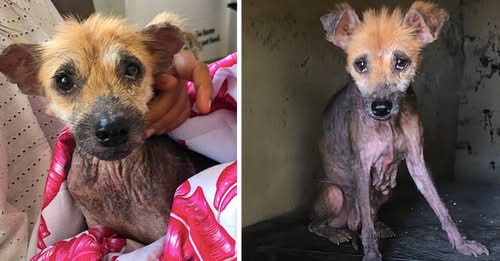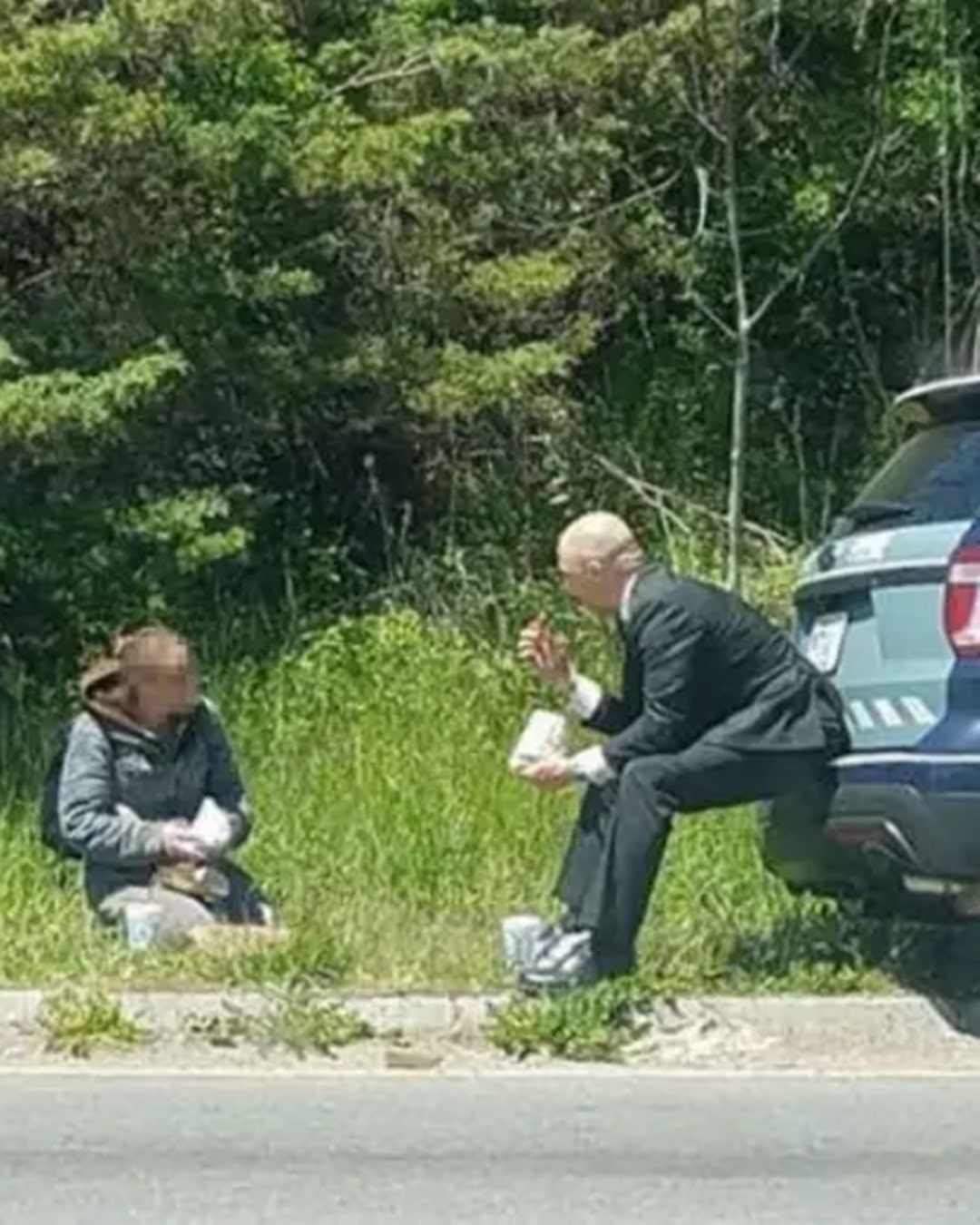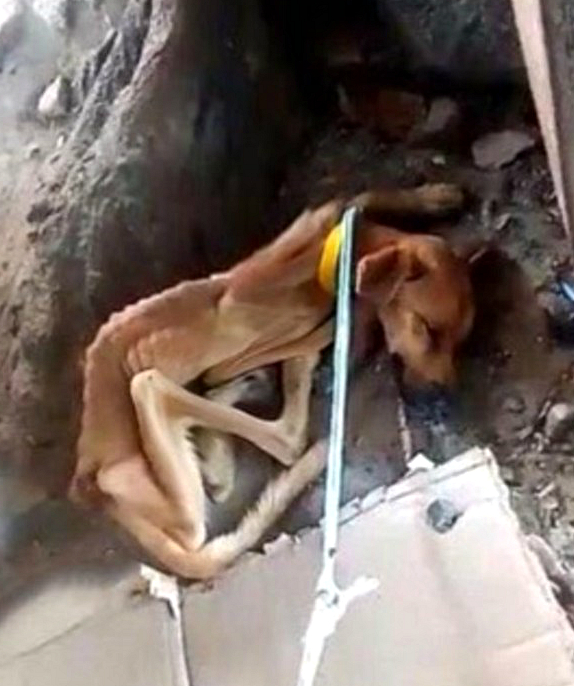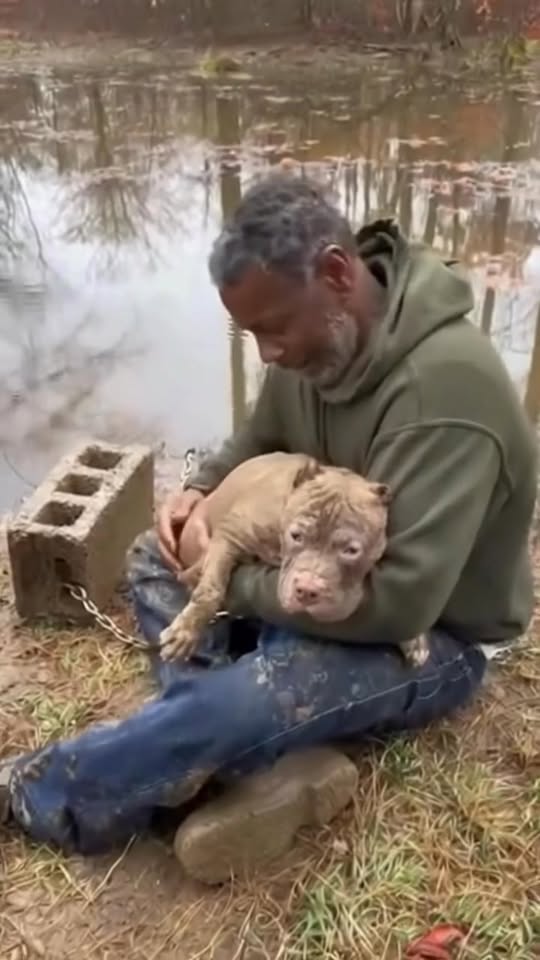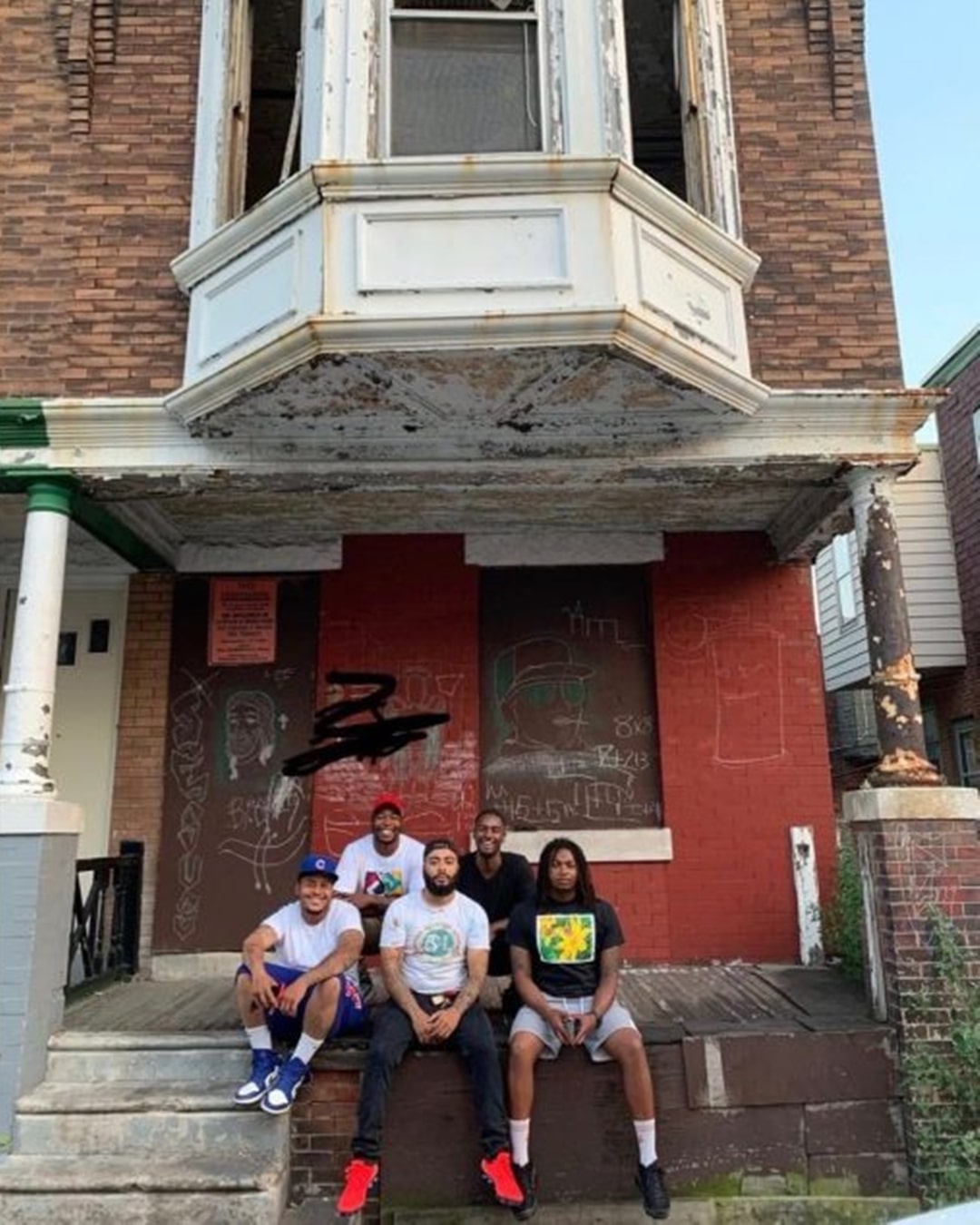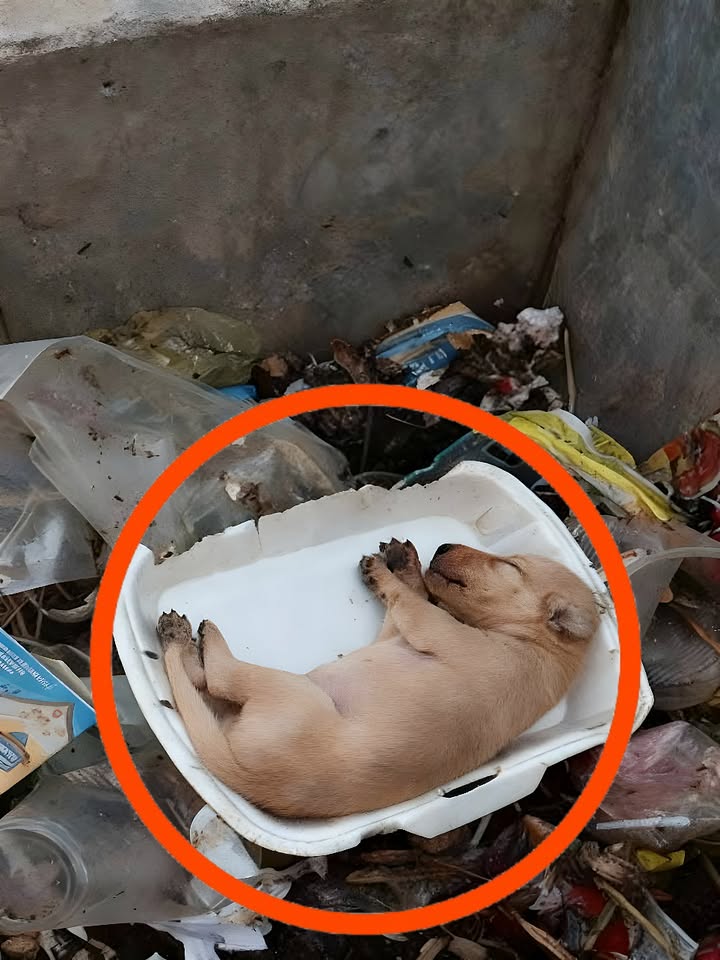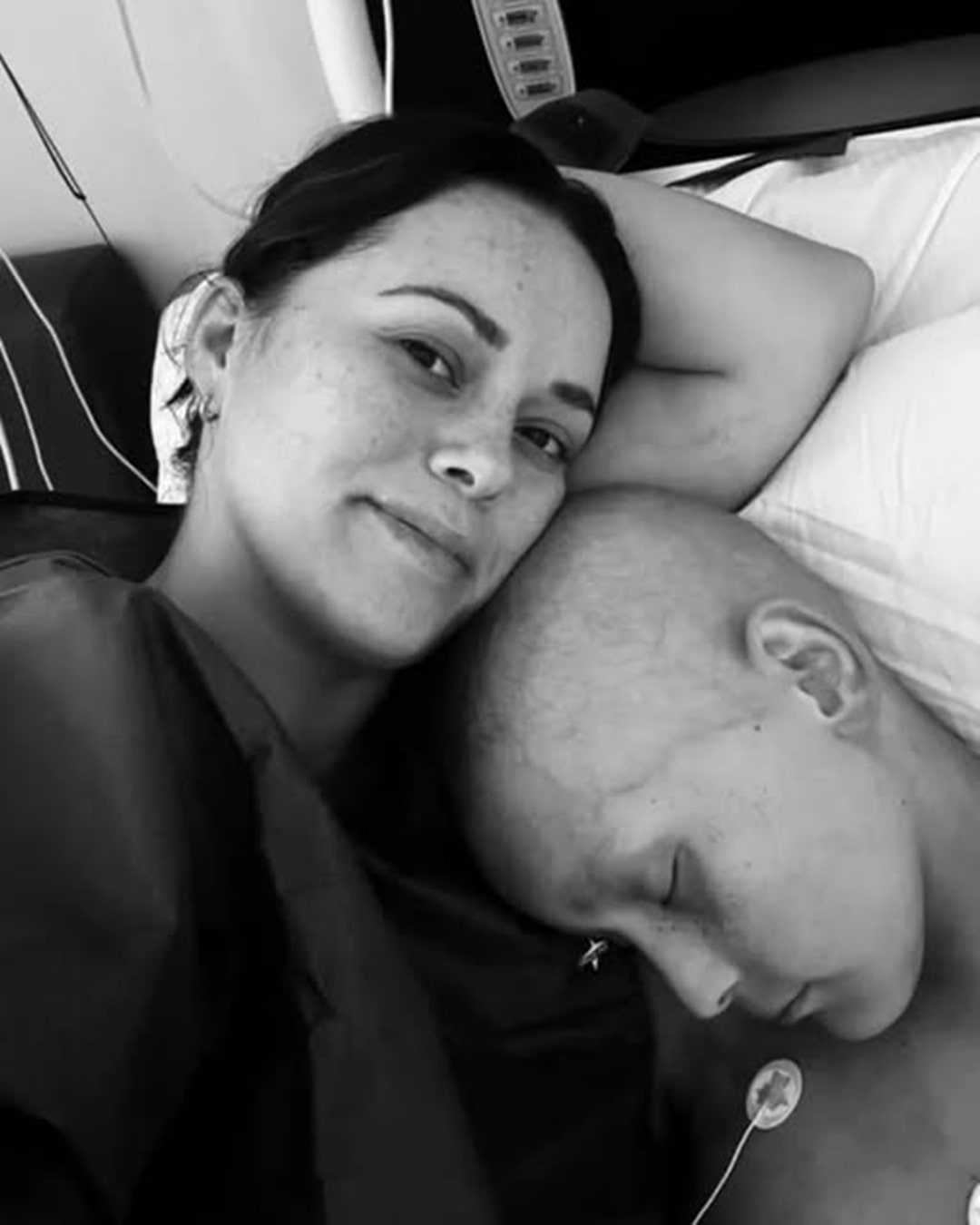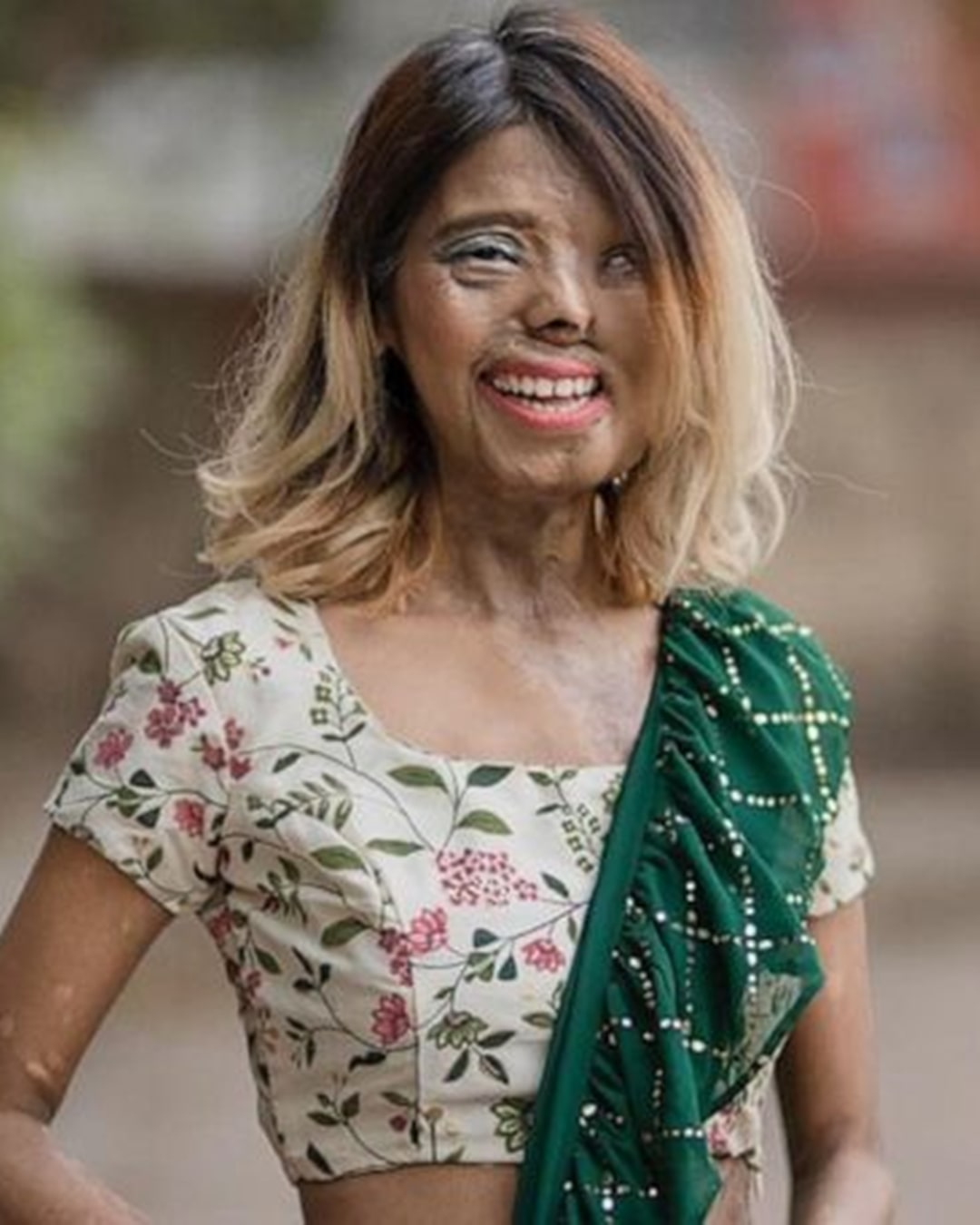Lynn Murphy, a mother of four, stood by the road with a sign, quietly asking for help. She expected little more than passing glances—until Trooper Luke Bonin drove by.
At first, his cruiser kept going. But minutes later, he returned—not to scold her, but with two takeout meals in hand.
“I’m not here to kick you out,” he told her. “Come around back—it’s a beautiful day. Let’s have a picnic.”
And so they sat together on the bumper of his patrol car, sharing food and laughter. For Lynn, it was more than a meal—it was a reminder that she wasn’t invisible. For Trooper Bonin, it was simply the right thing to do.
A passerby snapped a photo, and soon the world saw it too: kindness doesn’t need grand gestures. Sometimes, it’s just taking the time to sit, to listen, and to care.
That single, captured moment became more than just a viral photograph; it evolved into a modern parable, a touchstone for a world starved of simple, unscripted compassion. The image of the uniformed state trooper and the woman in need, sharing a meal as equals on the humble stage of a patrol car’s bumper, resonated so deeply because it subverted every expectation. In a society accustomed to division and distrust, where uniforms can symbolize intimidation and poverty is often met with judgment, this act of fellowship was a quiet but powerful rebellion. It was a testament to the fact that beneath any label—officer, homeless, mother, stranger—lies a shared, fundamental humanity. The story of Trooper Bonin and Lynn Murphy serves as a profound reminder that the most significant connections are often forged not in grand halls or official capacities, but in the vulnerable, overlooked spaces in between.
To truly understand the weight of that roadside picnic, one must first step into Lynn Murphy’s world. Her reality, like that of so many facing homelessness, was likely a daily battle against invisibility. To stand on the side of a road is to become part of the landscape, an inconvenient piece of scenery that most people train their eyes to look past. The averted gazes, the rolled-up windows, the subtle shifts in posture from passersby—all of it weaves a suffocating cloak of nonexistence. Each car that speeds past reinforces a devastating message: you do not matter. For Lynn, a mother of four, this burden was surely magnified. Her hardship was not just her own; it was intertwined with the wellbeing of her children, adding a layer of desperation and quiet grief to her plight. She wasn’t just asking for money for herself; she was fighting for her family. When Trooper Bonin’s cruiser first passed, it would have been just another drop in an ocean of indifference. The real miracle was not in the meal itself, but in the decision to turn the car around. That U-turn was a symbolic act, a deliberate choice to reject indifference and move toward connection.
From Trooper Luke Bonin’s perspective, the narrative is one of ingrained integrity and profound empathy. Law enforcement officers are trained to assess situations, maintain order, and enforce the law. Their days are filled with high-stakes encounters and procedural necessities. Yet, the most impactful officers understand that their duty extends beyond the letter of the law to the spirit of service. Bonin saw not a nuisance or a statistic, but a human being. His statement, “I’m not here to kick you out,” was a crucial disarming of a power dynamic. He immediately established that he was there as a person, not just an authority figure. By inviting her to share a meal, he offered something far more valuable than food: he offered her dignity. He created a space where she was not a problem to be solved but a person to be known. His actions weren’t performed for a camera or for commendation; they stemmed from a simple, powerful moral compass. It was, as he stated, “the right thing to do”—a philosophy that, if adopted more widely, has the power to reshape our communities from the ground up.
The viral spread of the photograph, snapped by a passerby who recognized the significance of the moment, speaks volumes about our collective yearning for hope. In a digital age saturated with conflict, negativity, and curated perfection, the raw authenticity of the image cut through the noise. It presented a simple, attainable form of heroism. People saw in Trooper Bonin not a superhuman, but the person they hoped they could be. They saw a reflection of their own capacity for kindness. The photo’s journey across social media platforms was fueled by a universal desire to believe in the goodness of people. It provided a powerful counter-narrative to stories of police misconduct, reminding everyone that behind the badge are individuals making choices every day. This single act of compassion helped build a bridge of trust, demonstrating a model of community policing rooted in empathy and mutual respect. It became a symbol that positive change doesn’t always come from sweeping policy reforms, but often from individual, human-to-human interactions.
The impact of that roadside picnic rippled far beyond the initial moment. As the story gained traction, an outpouring of support for Lynn Murphy followed. The community, and indeed the world, responded to Bonin’s example. Donations were made, offers of shelter and employment emerged, and a safety net began to form around Lynn and her children. This illustrates the catalytic power of a single act of kindness. Trooper Bonin did not solve Lynn’s long-term problems with two plates of food, but he shattered her isolation. By seeing her, he made it possible for others to see her too. He started a chain reaction of compassion that tangibly changed her life’s trajectory. This is the ultimate lesson of their story: our small, seemingly insignificant gestures of goodwill can be the spark that ignites a much larger fire of collective action. We may not all wear a uniform, but we all possess the power to turn our car around, to share what we have, and to offer a moment of our time. We can choose to be the person who stops, who listens, and who reminds someone else that they are not invisible in a world that too often looks away. The legacy of their encounter is not just a heartwarming memory but a call to action, an invitation to find our own “bumper picnics” in the course of our daily lives.
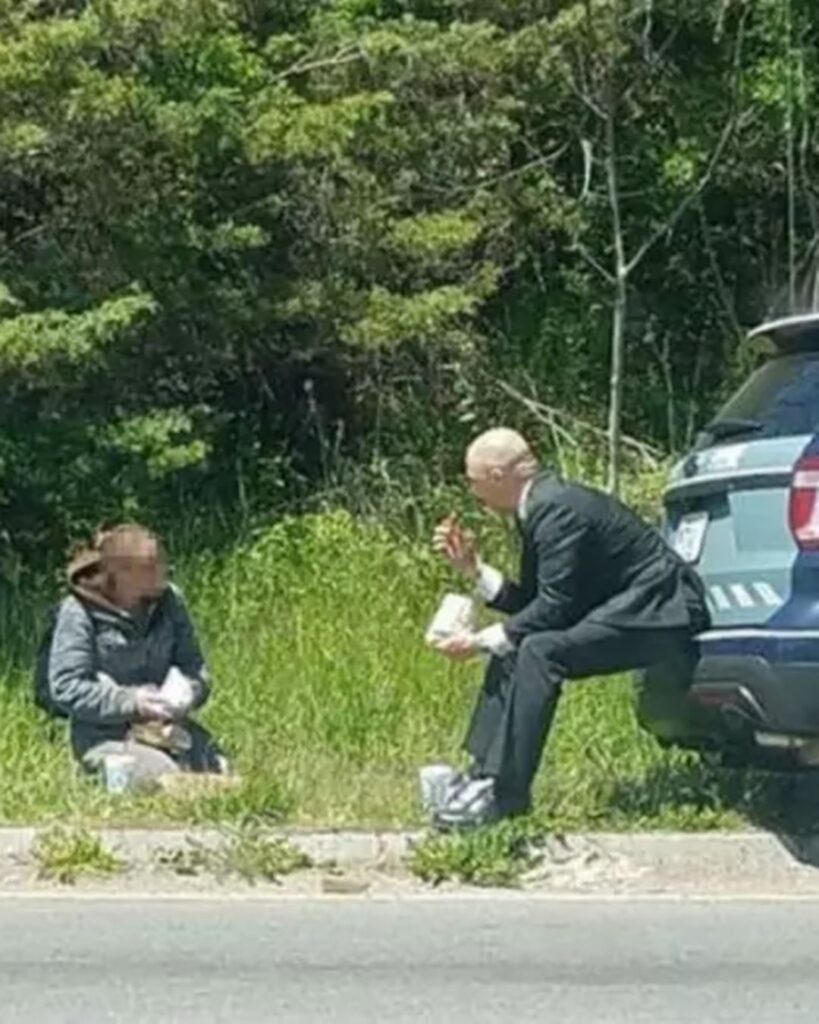
Lynn Murphy, a mother of four, stood by the road with a sign, quietly asking for help. She expected little more than passing glances—until Trooper Luke Bonin drove by. At first, his cruiser kept going. But minutes later, he returned—not to scold her, but with two takeout meals in hand. “I’m not here to kick you out,” he told her. “Come around back—it’s a beautiful day. Let’s have a picnic.” And so they sat together on the bumper of his patrol car, sharing food and laughter. For Lynn, it was more than a meal—it was a reminder that she wasn’t invisible. For Trooper Bonin, it was simply the right thing to do. A passerby snapped a photo, and soon the world saw it too: kindness doesn’t need grand gestures. Sometimes, it’s just taking the time to sit, to listen, and to care.





